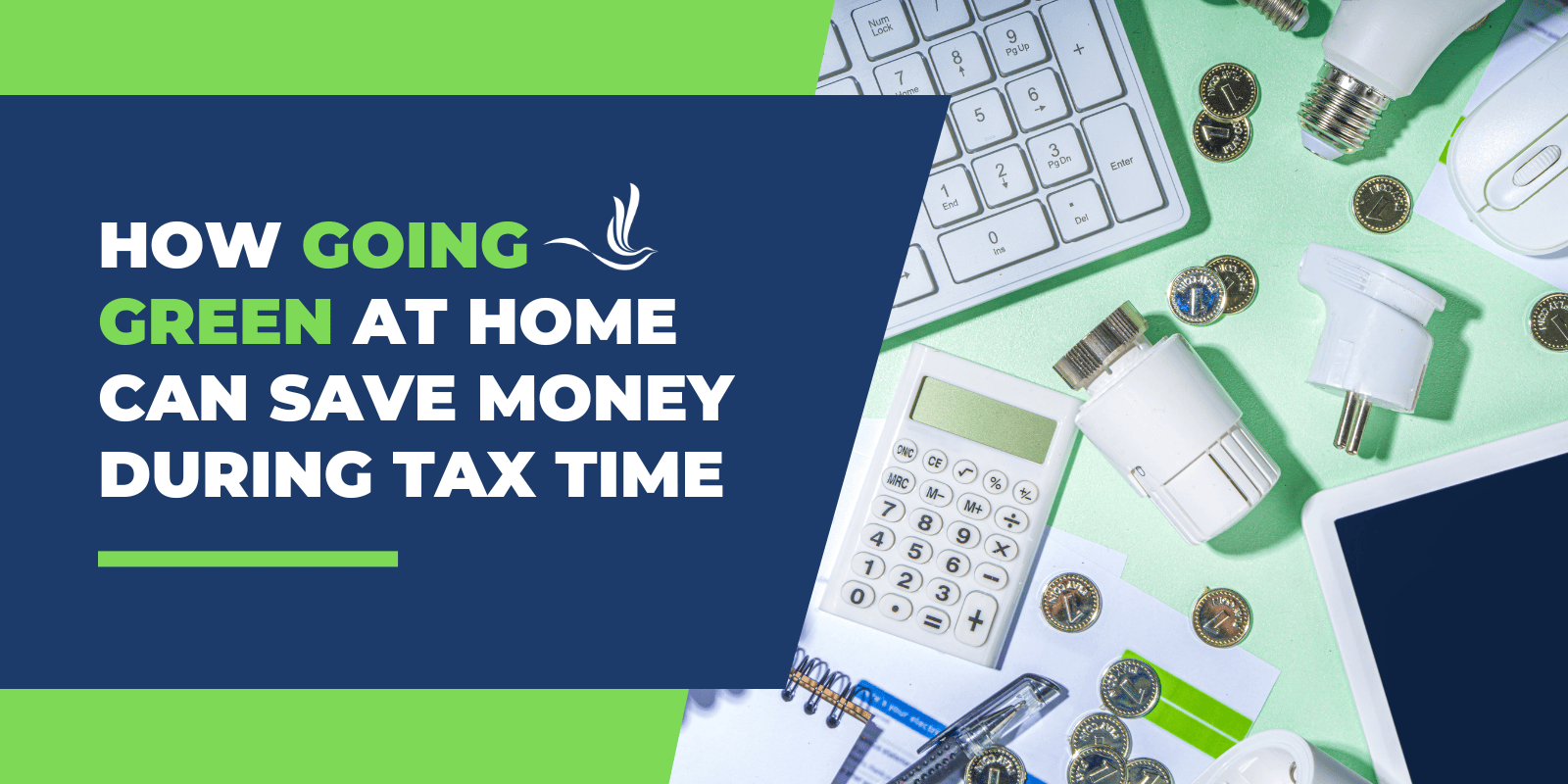Tax Implications of Buying a House

Purchasing a home is an exciting milestone in life as it represents a significant investment. However, beyond the joy of becoming a homeowner, it’s crucial to understand the tax implications that come with this major financial commitment. In this blog post, we’ll explore the various tax considerations related to buying a home, providing you with valuable insights to help you navigate this aspect of homeownership confidently.
Itemizing Deductions
Purchasing a home may be the first opportunity you receive to start itemizing your deductions during tax time. While itemizing can require much more work, it could result in a larger refund. If you want to claim any expenses related to your home, you must itemize your deductions. This might include expenses such as mortgage interest or real estate taxes. Consulting with a knowledgeable tax professional can give you a better understanding of your best option is.
Mortgage Interest Deduction
If you have a home loan that originated after December 16, 2017, you can deduct mortgage interest, up to $750,000. Any loan with an origination date before this qualifies for a mortgage interest deduction of up to $1 million. To qualify for this deduction, you must itemize your deductions on your tax return and meet certain eligibility criteria. Every January, your home lender should send you Form 1098, Mortgage Interest Statement. This reports mortgage interest of $600 or more you paid during the year. If you paid less than $600 in mortgage interest, you can still deduct it during tax time.
In addition to mortgage interest, your 1098 will also show much you paid in mortgage points during the year. Mortgage points are a form of payment made to obtain your mortgage. They are generally defined as a percentage of your loan amount. For instance, let’s assume you paid three points, or 3%, on your $500,000 mortgage, for a total of $15,000 (3% of $500,000). The IRS will typically allow you to deduct the entire amount of your points in the year they were paid. You should note that the deductible amount should be shown on your 1098 form.
Real Estate Tax Deduction
As a homeowner, one of your expenses will be real estate taxes. The IRS allows you to deduct only the actual real estate tax amounts paid during the year. However, you can also deduct local property taxes as well. If you pay these taxes through your lender, this amount should be shown on Form 1098. If you just purchased a home, you may have reimbursed the seller for their real estate tax payments. In this case, you will be able to deduct this amount through the real estate tax deduction too. Remember to keep records of any payments you made. Beginning in 2018, the total amount of state and local taxes you can deduct, including property taxes, is capped at $10,000 per year.
Home Energy Credits
Homeowners can also claim tax credits by making some energy efficient upgrades to their home. Specifically, the Energy Efficient Home Improvement Credit and the Residential Clean Energy Credit are great tax credits for those who recently made home improvements that help conserve energy. Some examples include energy-efficient windows, exterior doors, furnaces, air conditioners, solar panels, and more.
Mortgage Interest Credit
The IRS allows lower-income and moderate-income taxpayers to claim the Mortgage Interest Credit if they received a mortgage credit certificate (MCC) from their state or local government. An MCC is usually given to first-time homeowners, and it allows you to claim the credit of up to $2,000 of the mortgage interest paid per year. Taxpayers should note that this credit is completely separate from the mortgage interest deduction that uses Form 1098. The Mortgage Interest Credit can be claimed using Form 8396.
Tax Help for Homeowners
The tax benefits of homeownership can provide notable savings and financial advantages. By familiarizing yourself with the tax deductions and credits available, making informed decisions about how to file your taxes can be a little easier. However, navigating complex tax rules and regulations can be overwhelming. Therefore, it’s highly recommended to consult with a qualified tax professional who can provide specific guidance tailored to your individual situation. Optima Tax Relief is the nation’s leading tax resolution firm with over a decade of experience helping taxpayers with tough tax situations.
Contact Us Today for a Free Consultation
